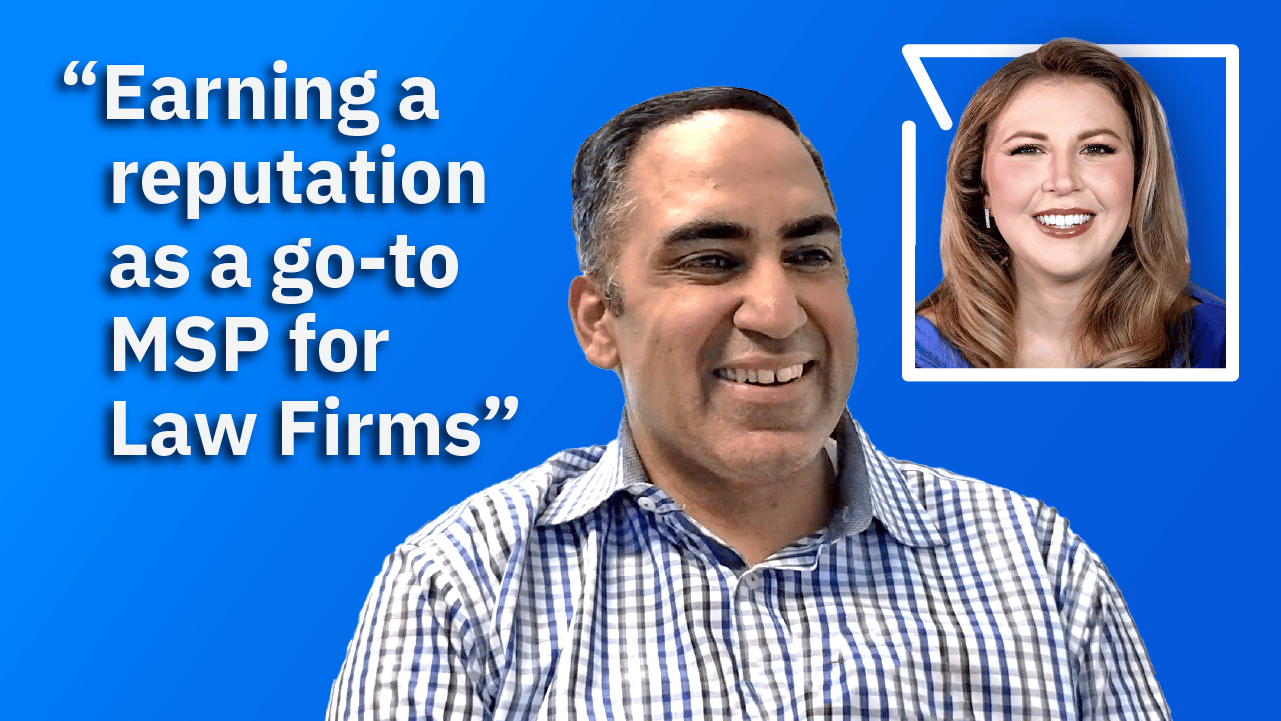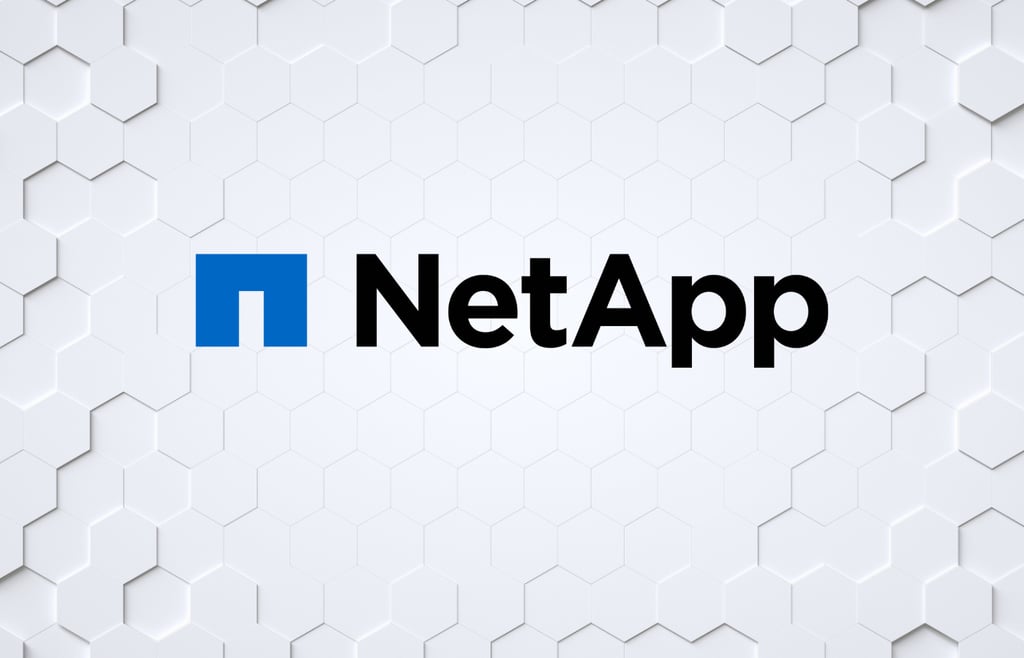




Join the Channel Insider editorial team as they recap the biggest IT channel news and trends from Q3 2025. Join the Channel Insider editorial team as they recap the biggest IT channel news and trends from Q3 2025.

Discover how MSPs and resellers can unlock new revenue streams with Eaton’s Power Advantage Partner Program through free power audits, tiered discounts, rewards, and ready-to-use marketing support. Discover how MSPs and resellers can unlock new revenue streams with Eaton’s Power Advantage Partner Program through free power audits, tiered discounts, rewards, and ready-to-use marketing support.

Discover how Moments Lab uses AI video discovery to make massive media libraries searchable, saving time, boosting ROI, and unlocking new content opportunities. Discover how Moments Lab uses AI video discovery to make massive media libraries searchable, saving time, boosting ROI, and unlocking new content opportunities.

MSP leader Atul Bhagat shares his journey growing BASE Solutions, insights on law firm IT, community standards, and the impact of mega-MSP consolidation. MSP leader Atul Bhagat shares his journey growing BASE Solutions, insights on law firm IT, community standards, and the impact of mega-MSP consolidation.

Attorney Brad Gross shares critical legal advice for MSPs on AI risks, contract pitfalls, off-boarding mistakes, and vendor red flags in this Channel Insider: Partner POV interview. Attorney Brad Gross shares critical legal advice for MSPs on AI risks, contract pitfalls, off-boarding mistakes, and vendor red flags in this Channel Insider: Partner POV interview.

Discover how Eaton’s White Space Team and Power Advantage Partner Program help channel partners optimize AI-ready data centers and unlock new business opportunities.

-
Channel Business -
Security -
AI -
Infrastructure Related Topics -
- Lists & Awards Top ArticlesLink to AI 50 List
 AI 50 ListChannel Insider's editorial team spotlights the top AI leaders from MSPs, vendors, and channel businesses delivering measurable outcomes.Link to CML 100 Honorees
AI 50 ListChannel Insider's editorial team spotlights the top AI leaders from MSPs, vendors, and channel businesses delivering measurable outcomes.Link to CML 100 Honorees CML 100 HonoreesCheck out our CML 100 List to discover the top channel marketing individuals who are transforming channel marketing for their organizations.Link to HSP 250 List
CML 100 HonoreesCheck out our CML 100 List to discover the top channel marketing individuals who are transforming channel marketing for their organizations.Link to HSP 250 List HSP 250 ListView our HSP250 list to see the top Hybrid Solution Providers that have proactively embraced the future of tech.Link to The 2024 Channel Insider VIP List
HSP 250 ListView our HSP250 list to see the top Hybrid Solution Providers that have proactively embraced the future of tech.Link to The 2024 Channel Insider VIP List The 2024 Channel Insider VIP ListChannel Insider sought nominations from IT vendors, solution providers, and partners to highlight impactful collaborations. Check out our top choices here.
The 2024 Channel Insider VIP ListChannel Insider sought nominations from IT vendors, solution providers, and partners to highlight impactful collaborations. Check out our top choices here. - Resources Resource HubsFeatured ResourcesLink to Video: Q3 2025 Channel Recap: Broadcom Shake-Up, Scale Computing Acquisition, AI Services & Quantum Trends
 Video: Q3 2025 Channel Recap: Broadcom Shake-Up, Scale Computing Acquisition, AI Services & Quantum Trends
Video: Q3 2025 Channel Recap: Broadcom Shake-Up, Scale Computing Acquisition, AI Services & Quantum TrendsJoin the Channel Insider editorial team as they recap the biggest IT channel news and trends from Q3 2025. Join the Channel Insider editorial team as they recap the biggest IT channel news and trends from Q3 2025.
Link to Video: Unlock Revenue Growth with the Eaton Power Advantage Partner Program Video: Unlock Revenue Growth with the Eaton Power Advantage Partner Program
Video: Unlock Revenue Growth with the Eaton Power Advantage Partner ProgramDiscover how MSPs and resellers can unlock new revenue streams with Eaton’s Power Advantage Partner Program through free power audits, tiered discounts, rewards, and ready-to-use marketing support. Discover how MSPs and resellers can unlock new revenue streams with Eaton’s Power Advantage Partner Program through free power audits, tiered discounts, rewards, and ready-to-use marketing support.
Link to Video: AI Video Discovery: How Moments Lab Transforms Media with its New Discovery Agent Video: AI Video Discovery: How Moments Lab Transforms Media with its New Discovery Agent
Video: AI Video Discovery: How Moments Lab Transforms Media with its New Discovery AgentDiscover how Moments Lab uses AI video discovery to make massive media libraries searchable, saving time, boosting ROI, and unlocking new content opportunities. Discover how Moments Lab uses AI video discovery to make massive media libraries searchable, saving time, boosting ROI, and unlocking new content opportunities.
Link to Video: From Law Firm IT to Leading an MSP: Atul Bhagat on Community, Consolidation & Growing BASE Solutions Video: From Law Firm IT to Leading an MSP: Atul Bhagat on Community, Consolidation & Growing BASE Solutions
Video: From Law Firm IT to Leading an MSP: Atul Bhagat on Community, Consolidation & Growing BASE SolutionsMSP leader Atul Bhagat shares his journey growing BASE Solutions, insights on law firm IT, community standards, and the impact of mega-MSP consolidation. MSP leader Atul Bhagat shares his journey growing BASE Solutions, insights on law firm IT, community standards, and the impact of mega-MSP consolidation.
Link to Video: The IT Channel’s Lawyer: Brad Gross on AI Risks, MSP Contracts & Avoiding Costly Legal Mistakes Video: The IT Channel’s Lawyer: Brad Gross on AI Risks, MSP Contracts & Avoiding Costly Legal Mistakes
Video: The IT Channel’s Lawyer: Brad Gross on AI Risks, MSP Contracts & Avoiding Costly Legal MistakesAttorney Brad Gross shares critical legal advice for MSPs on AI risks, contract pitfalls, off-boarding mistakes, and vendor red flags in this Channel Insider: Partner POV interview. Attorney Brad Gross shares critical legal advice for MSPs on AI risks, contract pitfalls, off-boarding mistakes, and vendor red flags in this Channel Insider: Partner POV interview.
Link to Video: How Eaton’s White Space Team Helps Channel Partners Unlock AI-Ready Data Centers Video: How Eaton’s White Space Team Helps Channel Partners Unlock AI-Ready Data Centers
Video: How Eaton’s White Space Team Helps Channel Partners Unlock AI-Ready Data CentersDiscover how Eaton’s White Space Team and Power Advantage Partner Program help channel partners optimize AI-ready data centers and unlock new business opportunities.
- About About



